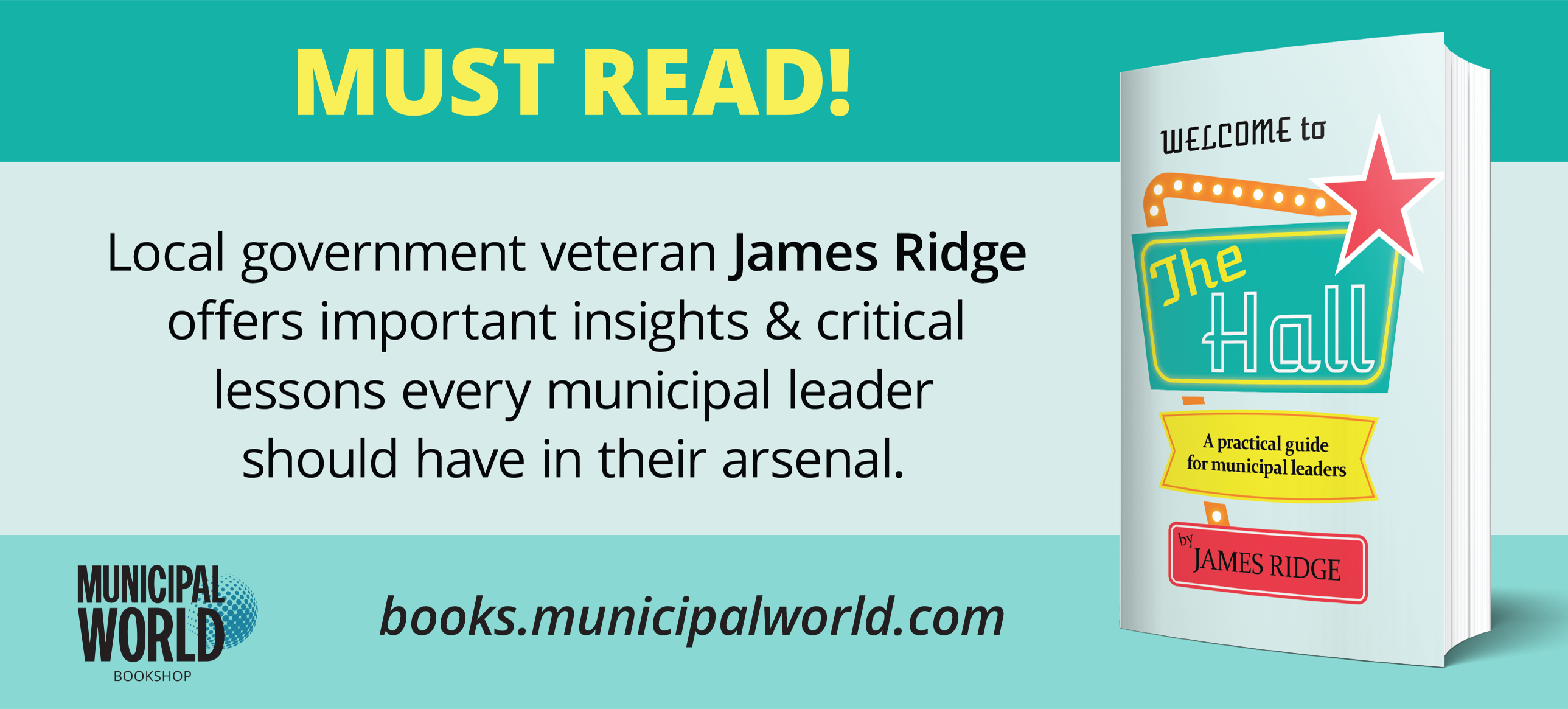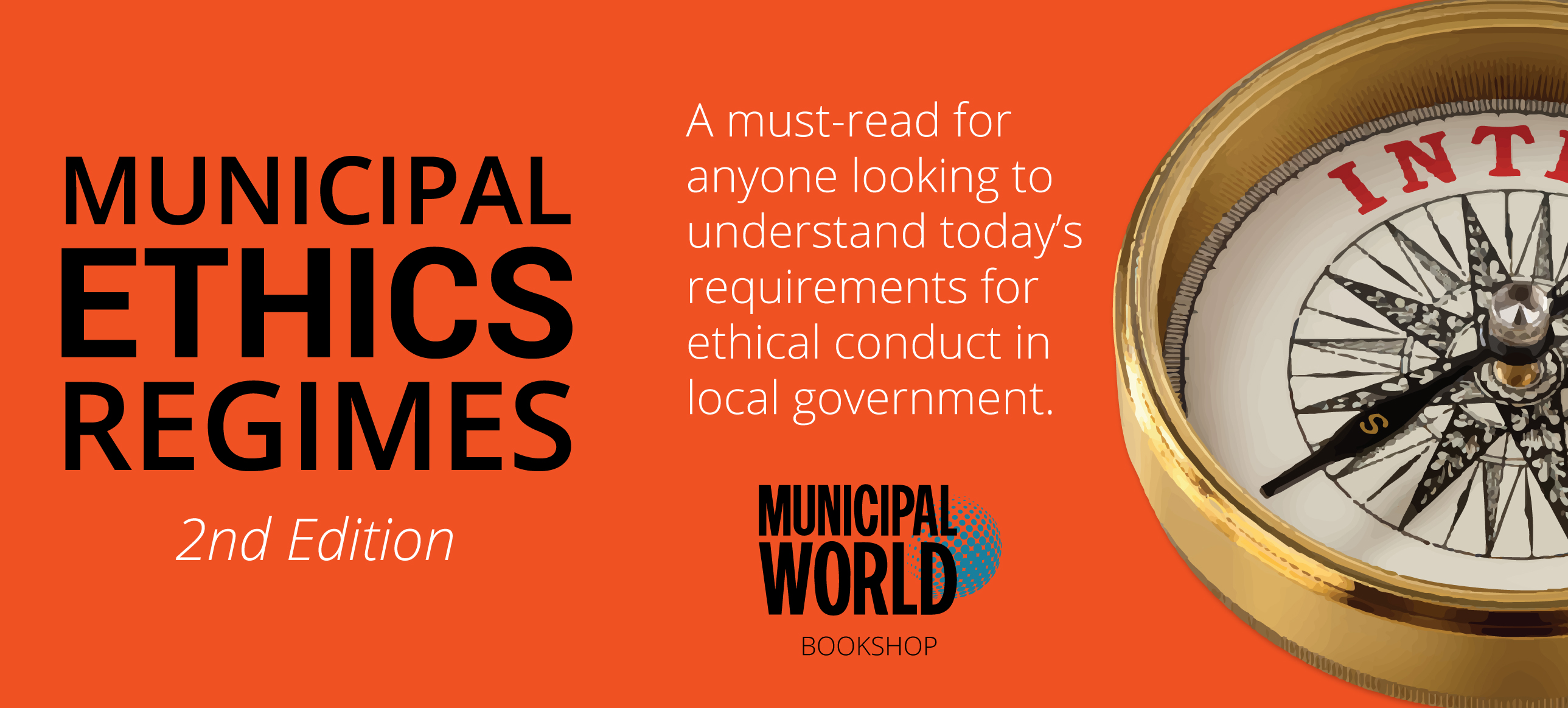Who speaks for council?

I was asked recently about the legitimacy of a council member speaking to a community issue on which the council had not yet taken a firm stance. Is a council member entitled to speak for or against a possible new development/industry that is bound to be controversial amongst the residents and businesses of the city?
It is an interesting challenge. One of the reasons a councillor is elected is often his or her ability or promise to give voice to issues. Most councillors are able communicators and prove that in their election campaigns. They have an ability to see an issue and its nuances and to land on one side or the other or both at once! The public’s choice of this candidate or that can often be influenced by a promise to speak in support or opposition to the issues of the day. It seems to me that any attempt to muzzle that voice is likely to be challenged and just as likely to fail.
In particular, where the council has not yet taken a position on the matter at hand, a member of council has the right to weigh in with his or her opinion. But, what if the issue is now on the council docket? Does a member of council still have the same degree of verbal freedom? (While in this and any other matter that might come before your council and require legal counsel, I defer to those with legal training, I will nonetheless comment!) This becomes much more difficult to determine for a number of reasons: if the issue is a new development that is soon to make its way through the municipality’s planning processes, the council members are wise to withhold comment until the debate is struck in hearing a by-law or a zoning application. If the councillor is already noted for slamming the proposed development (or alternatively, cheering loudly), it is difficult to argue that the councillor has no bias relative to the matter. A developer and the public could rightly argue that the councillor has shown considerable bias before both sides to the issue have had a chance to say their piece.
If the matter is not one of a proposed development or change to a by-law, but is one of provincial or federal jurisdiction, for example, can the councillor voice support or opposition? I would argue “yes.” The matter may be external to the municipality (i.e., the possible impact of a proposed new oil tanker route down the west coast of Canada and thus past several tourist/fishing communities). This may be debatable as to the “right” of a council to take on the subject at hand (i.e., it is in the federal government’s jurisdiction). However, it might also affect the quality of life of the community.
So, who ought to speak on behalf of council? If the council feels that the issue begs comment from it as the body representing the citizens of an area, then I would argue that council ought to debate the matter, take a stand, and expect the mayor to speak to the matter on behalf of council. Ah … but what if the mayor has spoken out in opposition to the formal resolution of council?
The mayor, as chief elected official (and in some jurisdictions mistakenly identified as chief executive officer), has an added obligation to that of other colleagues on council. The mayor is entitled to speak his or her opinion on the matter prior to a vote by council (I would argue that your procedural by-law ought to permit the mayor to sum up the debate). The mayor ought to be doing that as the leader of council and, on particularly controversial matters, ought to be expected to have an opinion (chairing a meeting is a lot less risky than actually having an opinion on a matter under review by council). Once the mayor has voiced an opinion and then voted, the matter is decided. Say that the mayor’s vote has been on the “losing” side in the issue. What is the mayor’s role now? I would argue that, as a chair and leader of council (and the community), the mayor needs to show strength in being able to declare the vote of council to be that which decided the issue, and to strongly stand with the majority (i.e., democratic) vote. That is difficult for any mayor – particularly if the matter is highly charged and has provoked considerable debate. It takes a courageous mayor to stand up and declare, “The vote has been taken.Council has decided thus and so. I will use my office to make sure this decision is vigorously pursued.” (I note that if the mayor has voted with the majority, that this task is a lot less onerous.)
And, what of councillors after the votes have been cast? Are they similarly to be directed by the vote of council? One could always hope so, but history and the human condition tell a different story. A councillor accosted by the media on the way out of the chambers has, in my view, the liberty to speak to the issue and defend how he or she voted. I would expect that a mature councillor would first preface any remarks by recognizing the legitimate right of his or her colleagues to take a different view of the matter. It is not appropriate for a councillor to actively seek to undermine public confidence in council as a whole. A decision is a decision (unless, of course, the vote did not go my way). Childish and foolish behaviour is too often witnessed in councils where media microphones are adoringly sought and decisions of the day (or hour) dumped on because “my colleagues obviously did not understand what they were doing.” Actually, they did. And no, more “information” will not make any difference. Unless it can be shown that council acted illegally, the matter should not to be resurrected.
So, to sum up: A council needs to exercise caution that its voice not be heard before its time. Wait until all the evidence is in before taking an official position. Where the issue has not been addressed by council, but you know it soon will be, take care not to reflect unreasonable bias. You may be prohibited from voting on such a matter because of a perceived and publicly stated opinion. That is viewed as a conflict of interest in some jurisdictions. When the matter is decided by resolution of council, the mayor ought to speak as council’s official voice and support the resolution of council. Individual councillors have more flexibility and, unfortunately, many seek every opportunity to use it. MW
GEORGE B. CUFF, FCMC, our governance zone expert, has been involved in local government in one way or another since 1970. He has been a recreation and youth specialist, a department head, a mayor for 12 years, and a consultant/advisor to municipalities since 1976. He is the author of Off the Cuff: A Collection of Writings by George B. Cuff – Volumes 1, 2, and 3 and Making a Difference: Cuff’s Guide for Municipal Leaders, Volumes 1 and 2, published by Municipal World, as well as dozens of magazine articles and columns in Municipal World since 1984.
as published in Municipal World, December 2012



